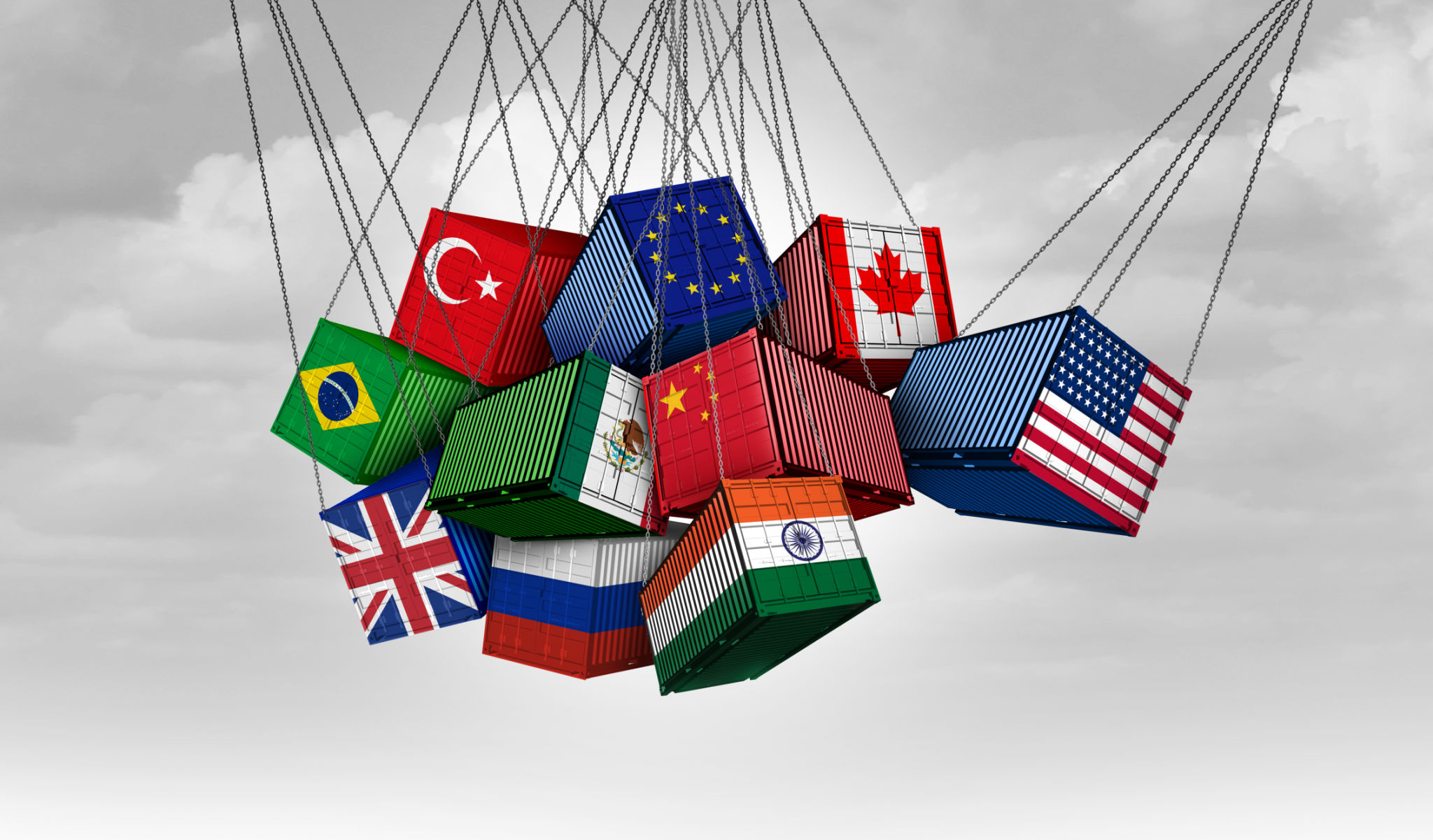Navigating Moncton Export Regulations: Key Challenges and Solutions
Moncton, a growing hub for businesses, presents unique opportunities for companies looking to expand their reach internationally. However, navigating the export regulations here can be complex. Understanding these regulations is crucial to ensure compliance and maximize potential growth.

Understanding Export Regulations
Export regulations in Moncton, as in other regions, are designed to control the movement of goods and services across international borders. These rules are crucial for ensuring national security, protecting economic interests, and adhering to international agreements. Companies must familiarize themselves with these regulations to avoid potential legal issues.
One of the primary challenges is understanding the various documentation requirements. Businesses need to ensure they have the correct licenses and permits, which can vary depending on the type of goods being exported. It's essential to keep up-to-date with any changes in these requirements to remain compliant.

Key Challenges in Moncton
One of the most significant challenges exporters face in Moncton is the complexity of tariff classifications. Correctly classifying goods is vital to determine the duties and taxes applicable. Misclassification can lead to financial penalties or delays in shipment.
Another challenge is understanding the specific regulations of the destination country. Each country has its own set of import regulations, which can complicate the export process. Businesses need to conduct thorough research or consult with experts to navigate these international requirements effectively.

Compliance and Legal Issues
Compliance is a critical aspect of exporting. Failing to adhere to regulations can result in severe penalties, including fines and legal action. Companies must implement effective compliance programs to monitor and manage their export activities.
Legal issues can arise if businesses do not properly adhere to export control laws. It's essential to have legal experts who understand both Canadian and international trade laws to guide your export strategy.
Solutions for Exporting Success
To overcome these challenges, businesses should consider investing in training programs. These programs can educate staff on the intricacies of export regulations and ensure everyone is aligned with the company's compliance objectives.

Additionally, utilizing export management software can streamline the export process. These tools can help with documentation, compliance checks, and tariff classifications, reducing the risk of human error.
Leveraging Expert Advice
Engaging with trade consultants or export professionals can provide valuable insights and guidance. These experts can help navigate complex regulations and offer strategies to optimize export operations.
Furthermore, businesses can benefit from joining trade associations or networks. These groups offer access to resources, industry updates, and networking opportunities, which can be invaluable for staying informed about regulatory changes.

In conclusion, while navigating Moncton's export regulations presents several challenges, with the right strategies and resources, businesses can effectively manage these complexities. By staying informed and leveraging expert guidance, companies can ensure compliance and achieve success in their international trade endeavors.